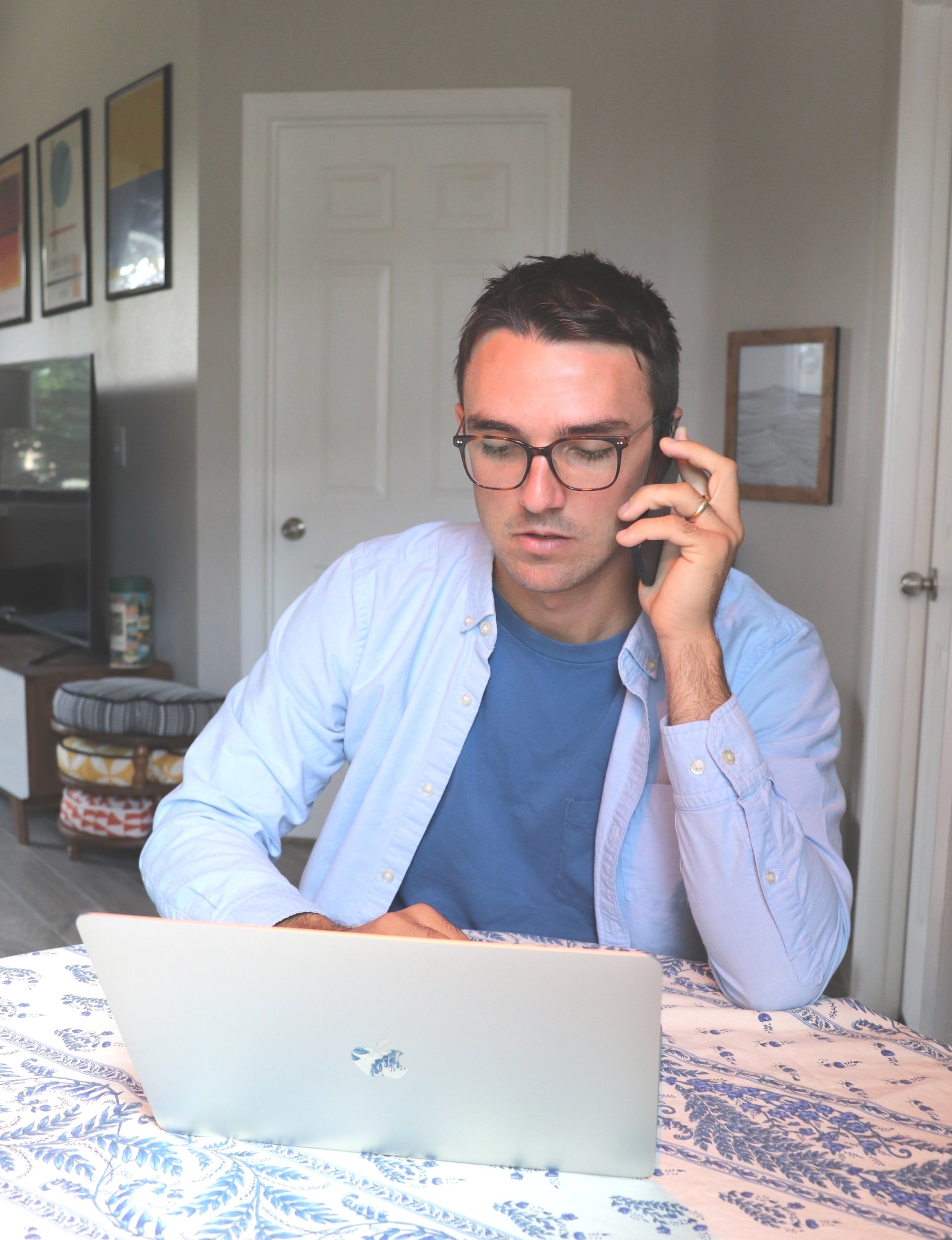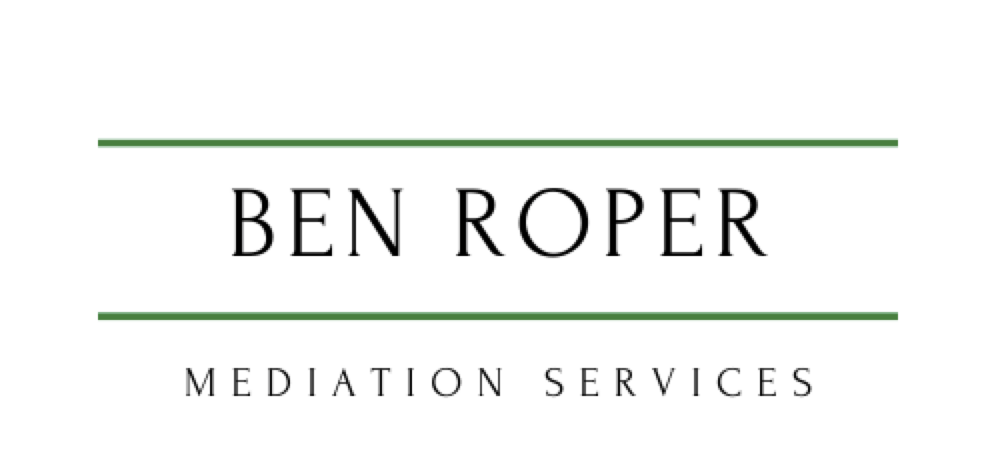
Mediation is the best option for most separations, divorces, and family disputes.
Here’s How it Works
-

Step 1: Free Consultation and Recommendation
I provide 1-hour for free over Zoom to discuss mediation, with all involved parties and myself attending. This an informational session, and there will be no fee or deposit involved, whether you hire me or not. There are no strings attached.
Remember - mediation is voluntary! So, a consultation is appropriate where both parties are willing to learn more.
I will hear your story and learn about your circumstances. I then explain my process and how mediation compares to your other options. You will have the opportunity to ask any questions you may have and discuss any topics you’d like to explore. I will also give you an expectation for the total mediation fees and standard timeline.
Not every situation is appropriate for mediation, and I will be up front if another option is better for you.
I’m also happy to have a brief phone call with each party individually before the consultation to address any preliminary questions or concerns.
-

Step 2: Individual Coaching
Every relationship is different, and to provide the best experience, it’s important that I learn about yours and get to know each person individually.
Through individual sessions, I will get to know your needs, interests, and priorities. There are also certain topics that people prefer to discuss one-on-one, and individual sessions provide a more private space for these conversations. It will help both me and you to have these discussions before we start mediating.
I will finish individual sessions by coaching you on productive negotiation skills. You will learn how to think about your issues, and how to create effective proposals, and to exchange proposals with the other party.
At this point, you are ready to build the mediation agenda.
-

Step 3: Build your Agenda
One key advantage of mediation is that you can have a flexible list of agenda items. As long as you want to work on it, we’ll put it on the agenda. This is especially important for separation and divorce mediation, because divorce is not just a legal process - it’s a human process.
To prepare for building the agenda, each participant will think about the topics we need to address. To build the agenda, you will each share your proposed agendas during a joint session. I will be there to add any agenda items you may have missed.
The agenda is a living document - it can be changed at any time. In fact, it is normal to add and remove agenda items at several times during the mediation process.
-

Step 4: Weekly Mediation
I’ve designed a mediation process that is focussed on making it easier and less stressful to deal with a family law matter.
We will meet once a week over Zoom for a 2-hour mediation session. I will identify the topic for each mediation session, and provide you with instructions and homework in advance. That way, everyone will be prepared for each session.
You don’t have to have it all figured out at once. In fact, it’s better when you have time between sessions to consider your options, and think about your own proposals and your partner’s proposals. It’s okay to revisit a topic from a previous session. Especially in a divorce mediation, you will need time to transition into the next chapter of your life.
We will handle your issues in bite-sized amounts until you have settled all of your agenda items.
Although you must receive independent legal advice (ILA) from a lawyer at the end of a mediation, you can also get ILA at any time before or during the process.
If you’re ready to get started, let’s book your consultation.
Contact me:
ben@benroper.ca
(902) 316-1114

